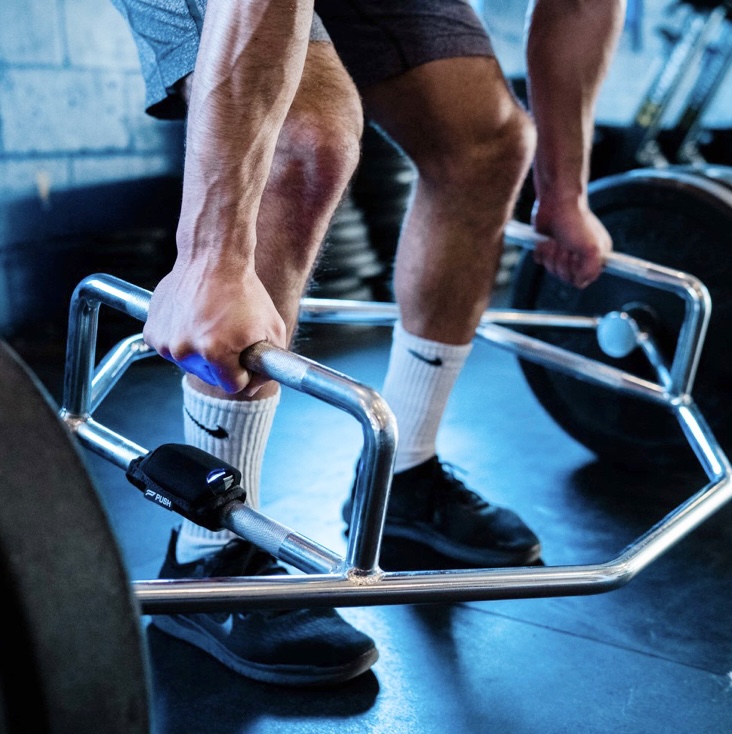
They say hindsight is 20-20. Well, it’s true. There are always things we could have done better. I wish I knew back then what I know now. When I look back at some of the mistakes I made raising my son in the world of youth baseball, frankly it bums me out. Don’t misunderstand me, he did very well and played ball at a relatively high level. But, looking back there are definitely a few things I would have done differently. Here we go…
1. Do What YOU Think is Right for Your Son

When you’re a first-time parent of a young ball player, you know so little about the current state of youth sports. There is so much pressure from all sides. Whether your son plays travel ball and/or school ball, there is a constant flow of information coming “at” you from other parents and coaches saying you must do this or you must do that. You must go to this showcase or that tournament. You must play for this travel team or go to that pitching or hitting coach.
Well, here is my advice. Ignore it all. Do your home work and trust your own judgement. Unfortunately, the noise is constant and some of it comes directly from your own son hearing it from his friends. I know it’s hard, but you have to ignore it all. Here is some basic advice:
-
- If it’s a coach telling you what to do, make sure they don’t have a personal or financial reason for their recommendation. Sometimes, these are hard to see and they’re hidden but believe me I see this every single day.
- If it’s another parent telling you what to do, keep in mind that what may be good for their son may not be the right choice for yours.
- If it’s your son feeling that he is being left out because his friends are playing on some team or going to some school or attending a showcase… do your homework. Kids usually hear things before we do. Sometimes they even have better information. Other times, they are just making sure they stay on par with friends.
Investigate and do what you think is right. AND tune out the noise.
2. Don’t Forget About the Fun
Always make sure he is having fun. When the fun goes, and it can go for various reasons, so does the learning.
When my son turned 13, I took him away from the local travel teams. He played for Tri-State Arsenal and Evoshield Canes (PA). At the time it seemed like the right thing to do. He was good enough to play for them and compete at that level. But on one of the trips home, he said “Dad, I miss playing with my friends”. I heard him, but I really didn’t hear him. Entering his sophomore year of high school, Perfect Game had ranked him nationally and #1 in NY State and he and I were both drunk with his success. Unfortunately, in my mind at the time, there was no going back!
Big part of playing youth sports is playing with friends. Playing at a high level can make you better but not having fun can make you worse. A little more fun, and a little less serious baseball, would have been just fine.
3. Raise a Multi-Sport Athlete for as Long as Possible

The concept of playing the same sport all year for a young athlete is simply nuts. I think it takes the fun out of the game. I remember that by the end of fall ball my son had generally kind of had it. But, given his young age, he couldn’t verbalize it. That was supposed to be my job.
When your kids are young, no one talks to you about the benefits of being a multi-sport athlete. All the programs keep pushing their stuff and before you know it, your son is only playing one sport all year long. But looking back, I see it now. It’s not the right thing to do.
A lot folks suggest playing multiple sports to help develop athleticism across a broad spectrum of physical movements. I think that makes a lot sense. Different sports need a different set of tools. Developing an all-around athlete will ultimately make him better at the one he chooses to play. Just ask Aaron Judge (if you don’t know about his multi-sport accomplishments you might want to look it up). But, I think there is another component that’s just as important. It’s the mental side of a young adolescent dealing with a game of failure.
I remember one year, we skipped fall ball. By late September he was depressed because many of his friends were still playing. But, the break allowed him to recover both physically and mentally from a grueling sport, filled with every day failures. The following spring and summer, he played at the highest level he had ever played.
4. Begin Strength Training Earlier

I started taking my son for strength training when he started his freshmen year in high school. Knowing what I know now, I wish I had started even earlier. At the time, I didn’t know much about strength training and Long Term Athletic Development (a process that helps young athletes develop in the weight room as their bodies grow).
However, as much as I hate to say this, one of the biggest reasons to start earlier is that college recruiting is moving down in age and it certainly seems like the NCAA isn’t going to do anything about it. You have 8th graders committing to D1 programs. So, enrolling in a training program that understands and incorporates Long Term Athletic Development at an early age (I would say 13) is a great way to prepare a young ball player physically.
Every year, parents walk into our facility and tell us, “I should have started bringing him here earlier”. Unfortunately, often times the young man is already a senior in high school.
I think what most people misunderstand about strength training is that if done properly with knowledgeable coaches it doesn’t just make you stronger it makes you more athletic. And more than anything else, it helps change your son’s trajectory. I see young athletes celebrating all the time when they receive their college commitment. Almost as often, I wonder where these young athletes could have played had they started training at a young age (click here).
5. Look for the Most Progressive and Forward-Thinking Coaches You Can Find
This one is bit hard to get your hands around. Not all strength coaches are the same. Not all pitching or hitting coaches are the same. Find the ones that are always looking to learn and improve. If they do the same thing year in and year out, it’s telling you something.
There is an enormous amount of new information out there all the time, especially now with the introduction of new tech into just about every sport. I think too many coaches are basically teaching what they learned eons ago as ball players. It’s hard deciphering between those that just talk about being cutting edge and progressive and those that actually practice it. You would need some amount of knowledge about the current state of training to be able to really tell the difference. But here are some signs to look for:
-
- Do they do the same thing every single year?
- Do you see “gadgets” sitting around (just for show) that never get used?
- Do you see their program evolving and / or getting better?
- Do they have big egos that basically exude, “I already know everything”?
- Do they seem flippant about new ideas?
I think with a little bit of homework you will be able to tell the difference. I will leave it at that.
Having said all that, I am sure I made a lot of other mistakes raising my young ball player. But I believe these were the big ones. By the way, just in case you’re wondering he doesn’t play the game anymore but he turned out great!
By Bahram Shirazi (BSEE, MBA, Co-owner RPP)
You can enter your email below to receive our Blogs!
